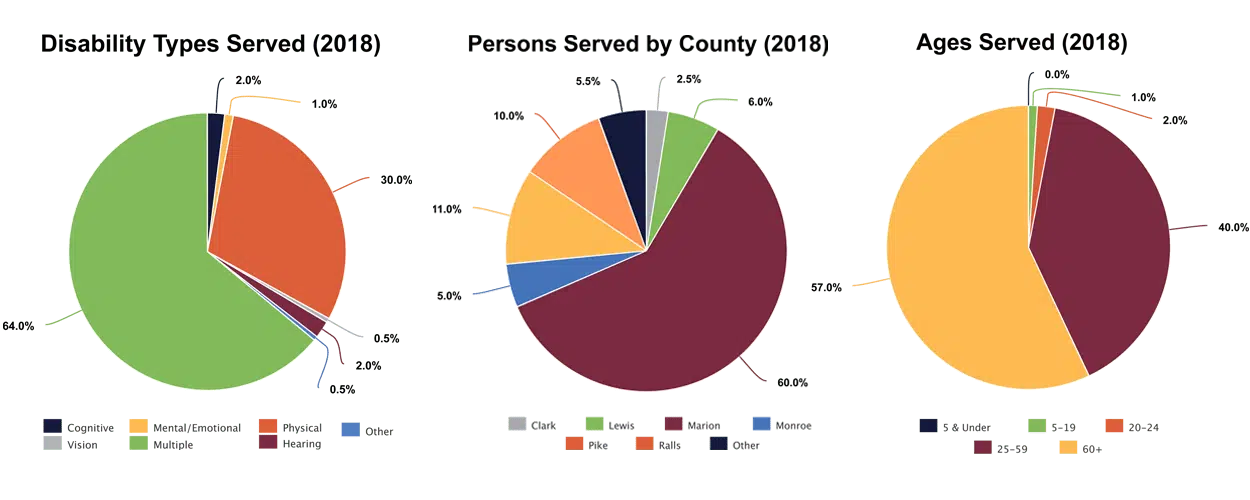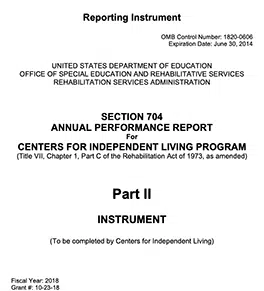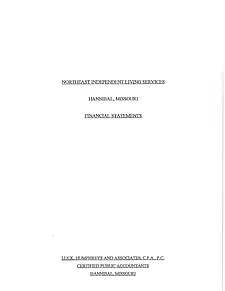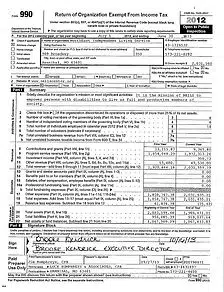
SUCCESS STORY: DR. MICHAEL J. NORMAN, A NURSING HOME TRANSITION STORY 2014
“I was first admitted to the [nursing home] for rehabilitation after undergoing several surgeries that attempted to salvage my right leg following a botched amputation of the great toe of my right foot. The salvage attempts ultimately failed, and I underwent several additional surgeries and medical procedures for treatment of osteomyelitis, systemic MRSA, septicemia, and gangrene. The seventh and final surgery resulted in a below-knee amputation. After my post-op hospital stay, I was once again admitted to the [nursing home] for rehabilitation.
My care and treatment at the [nursing home] ranged between good and barely adequate, but I made the best of the situation by making friends of residents and staff members alike using the available rehab resources to my greatest advantage and by becoming a strong, vocal, and perseverant advocate for better nutritional options and living conditions for myself and the other residents.
My dissatisfaction with the nursing home experience began in earnest after my Medicaid benefits ran out, and with them so too, my rehab program. Initially, I compensated by purchasing my own exercise equipment and working out on my own, but soon was soon informed that my financial independence would be coming to a screeching halt. Once Medicaid benefits run out, the nursing home takes all but $40.00 per month of a resident’s income to pay for their care. For me, this was unacceptable because I was still paying rent on my apartment that I hoped to return to, and where my pet companions were still living; additionally, I was also paying for a storage unit, life insurance, and pet care. Though the administration of the nursing home thought I was going to spend the remainder of my life content in their institution, I was under no such delusion. I believed that the nursing home had long since outlived its intended purpose as a rehab facility, and I was ready, indeed eager, to move on and to reclaim my life. I wanted to be reunited with my beloved pets, my family, and friends with whom I had lost contact for almost a year because the nursing home did not permit the use of any social media. I wanted to be independent and free: free to go outside and enjoy the fresh air when I wanted to; free to hop on the bus and go wherever I wanted to go; and free to enjoy my privacy and self-direction.
NorthEast Independent Living Services was the organization that brought my desire for independence and self-direction to fruition. They were my advocated, mentors, and facilitators in the endeavor. My [Transition Coordinator] helped me to navigate the bureaucratic paperwork and kept me informed of progress. She went to bat for me in order to overcome institutional barriers and even advocated along with the state’s ombudsman to ensure that I received my interim prescriptions during the transition phase. NEILS offered advice and made suggestions regarding the housing options available to me, but I was always assured that the ultimate decision was my own and that was both comforting and empowering.
When the transition finally occurred, NEILS staff not only orchestrated and carried out the physical move, but they also ensured my new residence was wheelchair-accessible, and that any special needs I had were properly taken care of in a timely fashion. NEILS staff made sure that safety grabs bars were installed in the bathroom where I needed them and that the shower was easily enterable and equipped with a suitable transfer bench. Staffers made sure I had adequate food, utensils, linens, cleaning supplies, and even entertainment. They cleaned, assembled, arranged, and organized my belongings and my living spaces and ensured that the environment would be safe for me.
The care and concern did not end after I moved into my own home. I have enjoyed good follow-up visits and other communications that have served to gage how well I am doing and if I have any unmet needs. I am grateful for the flexibility that NEILS has afforded [their consumers] because often one doesn’t know the full extent of one’s needs until weeks or months after the initial transition. When these situations occurred in my own case, my [Transition Coordinator] had no trouble at all accommodating my newfound needs.
I’ve been in my new residence going on five months now. I regularly enjoy meals and a variety of social activities with my neighbors at our community center; I regularly correspond with friends, family, and associates via social media; and I enjoy having company come by and visiting over a game or coffee or a meal that I’ve prepared. We look after one another here; if someone is ill or is in need, we come together to share our food or a phone or a ride. I’ve made myself useful around here helping folks with new technology - setting up televisions, video recorders, cameras, phones, etc., and helping others with legal papers and such. I’ve earned a reputation for my cooking, baking, and bingo calling! Neighbors like helping me with taking out trash, sharing the produce from their gardens, and coming over with coffee and goodies to share. I am making new friends and enjoying my life on my terms. I am grateful for the care I received in the hospital and nursing home and, no doubt, someday I may have to go back; but for now, I am living life and not merely surviving.
I’d like to add that NEILS offers a variety of services for [their consumers] that I have not taken advantage of. There’s never been any pressure to make use of them. I am free to choose. For those who wish to continue working in some capacity, there are programs available for training and education; if a less active lifestyle is wanted or required, then that’s okay too. The folks at NEILS have always treated me with kindness and respect; without their advocacy, I would not be enjoying life as I am. I like that.
I can’t say enough in thanks and praise for the women and men who serve us through NorthEast Independent Living Services; like many caregivers, you know they don’t do it for the pay or perks. Instead, they do their jobs out of a sense of honor and duty, proud to serve the less fortunate, the often forgotten and left behind, and [consumers] who don’t always appreciate their hard work and dedication. They do battle with the State and Federal governments on our behalf; advocating for those whose voices might not otherwise be heard. And they somehow manage to work miracles with meager budgets and indomitable spirits through long days, dark nights, and all-too-short weekends.”
- Dr. Michael J. Norman



